Poet’s verses ring true as we face our very own revolution
I went to see the Blake exhibition at Tate Britain last week. I would love to recommend it, except for one thing. It cost £18 to get in.
The exhibition is obviously a great success. I went on a Tuesday and it was packed.
Tens of thousands, possibly hundreds of thousands, will go to see it. It will earn millions for the gallery.
And yet Blake lived his entire life in a state of poverty, dependant upon the charity of benefactors. Were he alive today he would not have been able to afford to go to his own exhibition.
This is only one of the many ironies we can associate with William Blake.
For instance, his most famous poem, Jerusalem, is virtually the English national anthem. And yet Blake was not a nationalist.
It was played at the wedding of Prince Harry to Meghan Markle. And yet Blake was a republican.
Jerusalem is sung at establishment events, such as the last day of the Proms, or the Conservative Party conference. And yet Blake was anti-establishment.
He was a radical protestant. He sported a Liberty Cap in support of the French revolution. He was tried for sedition for insulting the King.
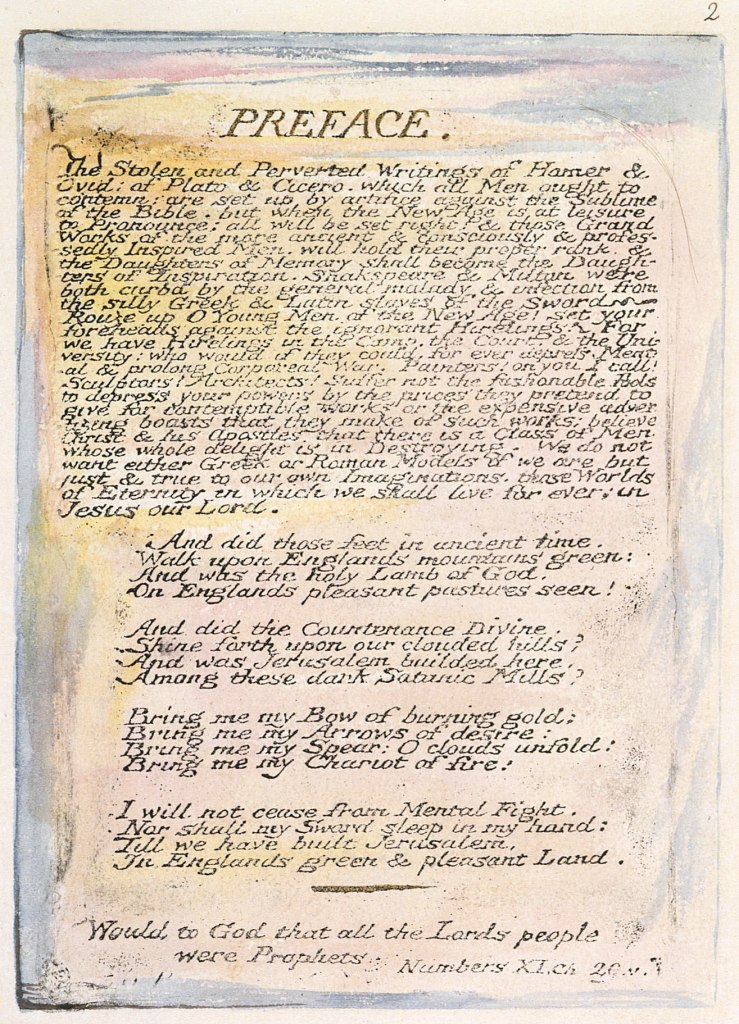
Jerusalem appears in the preface to his epic poem, Milton, on the same page as a call to the “Young Men of the New Age” to rise up against “the ignorant Hirelings…. in the Camp, the Court, & the University.”
The “Hirelings” are still with us, of course, but these days we also find them in the BBC, the Guardian and the Parliamentary Labour Party.
“There is a Class of Men,” he adds, “whose whole delight is in Destroying.”
He is often considered a romantic. He was a contemporary of Wordsworth and Coleridge. And yet he spent the majority of his life in London. He was a city dweller, a working engraver; an artisan, not an artist.
His work is unique. There is nothing like it. One of the most wondrous parts of the exhibition is a series of twelve large colour prints that prefigure Surrealism.
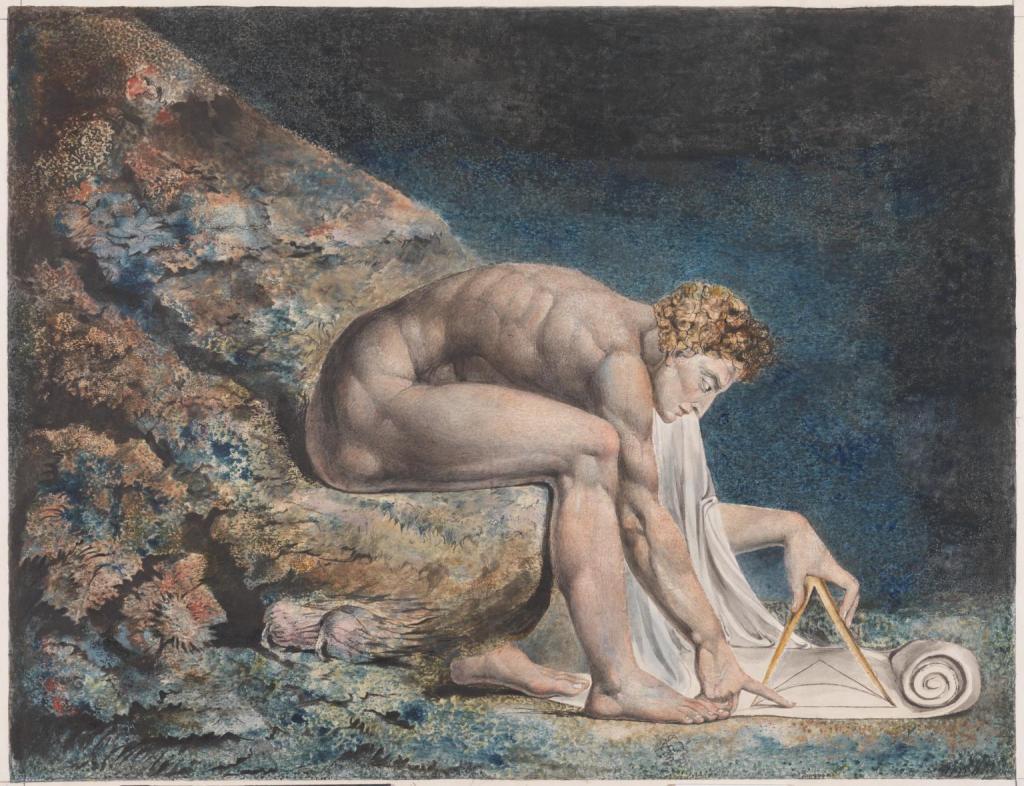
They were created using tacky paint which was then put through a press to create a random texture, not unlike the “psychic automatism” pioneered by Max Ernst in the 20th Century. In other words, Blake was at least 100 years ahead of his time.
He lived at the turn of the 19th century in a period of great social and economic unrest, when the Industrial Revolution was shaking the very foundations of the world.
This is why he speaks to us now. Our world, too, is changing. The Information Revolution is upon us, and no one knows where it will lead.
As the song suggests, we should not cease from mental fight, nor should our swords sleep in our hands: “Till we have built Jerusalem/ In England’s green & pleasant Land.”
One last irony. Despite all this – or perhaps because of it — William Blake makes us proud to be English.
*************
William Blake Now: Why He Matters More Than Ever by John Higgs
*************
From The Whitstable Gazette 17/10/19
The editor welcomes letters on any topical subject, but reserves the right to edit them. Letters must include your name and address even when emailed and a daytime telephone number.
Send letters to: The Editor, Room B119 Canterbury College, New Dover Road, Canterbury CT1 3AJ
Phone: 01227 475985
fax: 01227 762415
email: kentishgazette@thekmgroup.co.uk
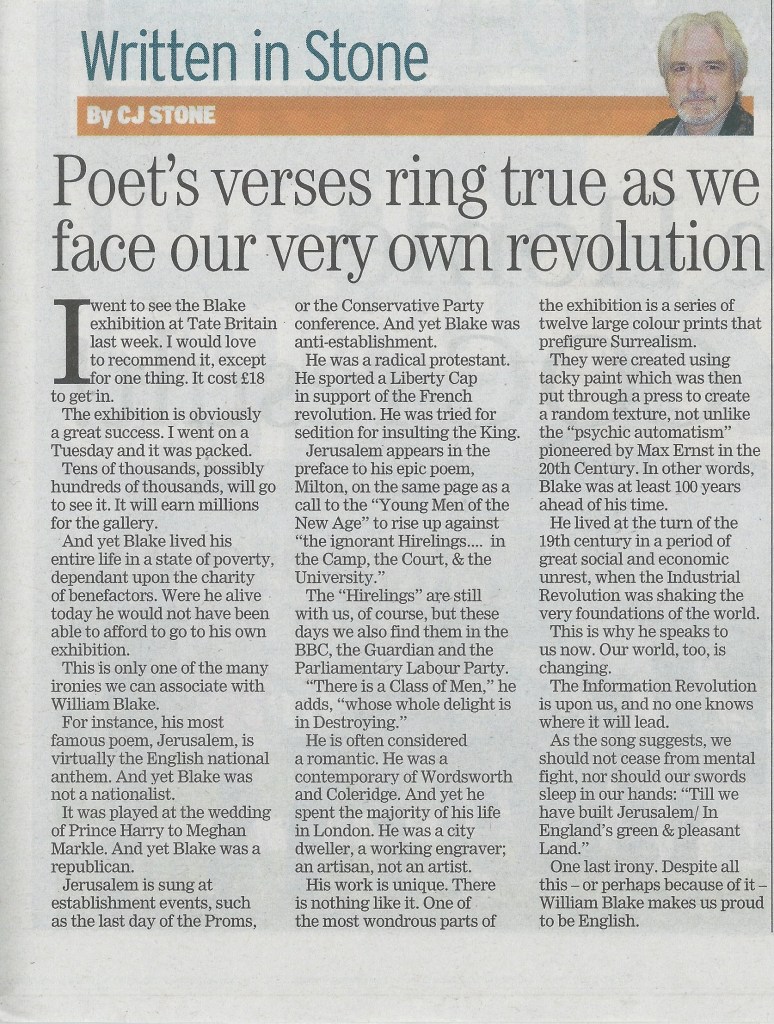
Whitstable Views: How You Can Help

- Make sure you share and like our articles on Facebook and Twitter, and whatever other social-media platforms you use.
- Follow the site to get regular updates about new articles when they appear. Press the “Follow” icon in the bottom right hand corner of your screen and that will take you to the option to sign up. (It disappears as you move the text down, then reappears as you move it back up again!)
- Leave comments on the site rather than on Facebook. Let’s get a debate going. All of our contributors are willing to engage with you if you leave a comment.
- To all writers out there, we would LOVE you to make a contribution. Read our submissions page for details on how to go about that: https://whitstableviews.com/submissions/
- Finally you can donate. As little as £1 would help. Details on the donations page here: https://whitstableviews.com/donate/
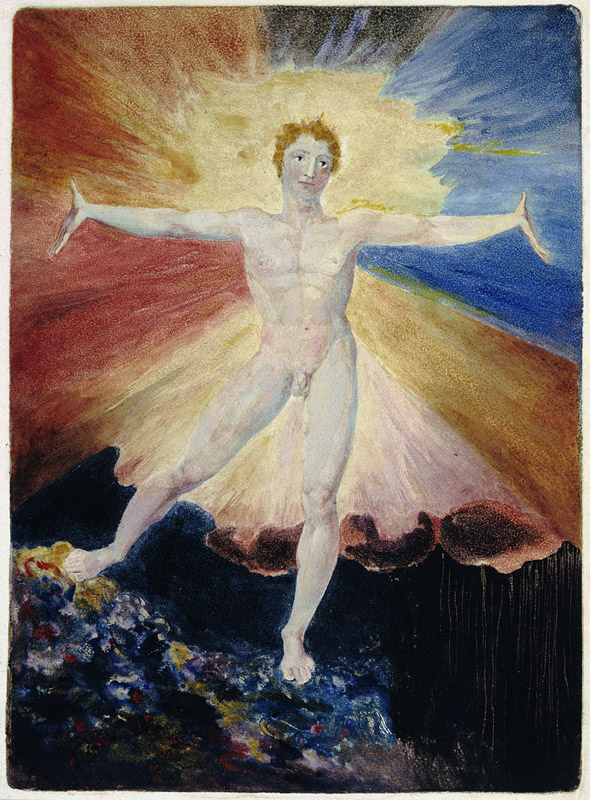
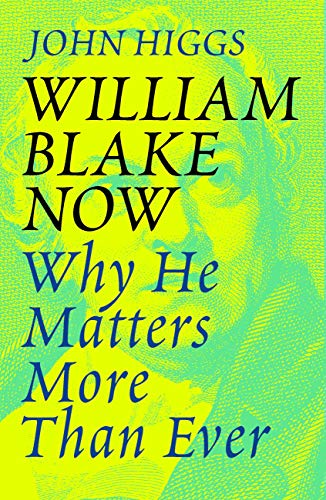
Reblogged this on Fierce Writing and commented:
The Information Revolution is upon us, and no one knows where it will lead.
LikeLike
The hirelings including agent provocateurs; “those whose whole delight is to destroy” will always be with us,. Psychologist Oliver James observed “A lot of psychopaths hide out in politics.”
LikeLike
When I was young there used to be a whole whole wall of Blake and Fuseli paintings in the Tate. I visited it about ten years ago with my son and there was just one ONE Blake painting on display. I hope it has changed but that was dreadful
LikeLike
Don’t know about the main exhibitions, Dave, but I suspect that they’ve removed the Blake in order to sell Blake at this dedicated exhibition.
LikeLike